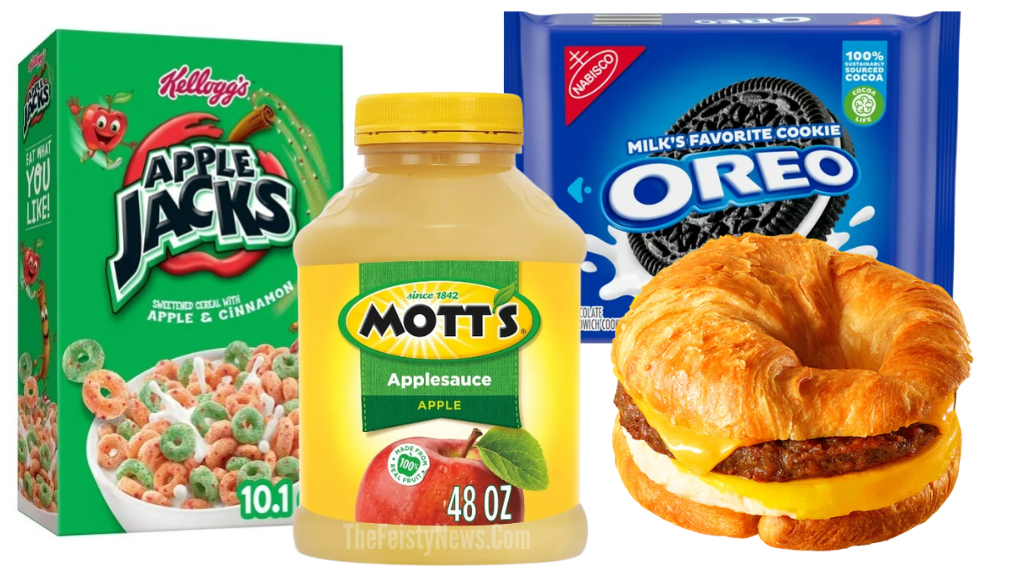You may have asked yourself this question over and over again as you gaze into your full length mirror shaking your head at the belly bulge that appeared one day and never went away, unlike the lying ass man who promised you that he would love you forever and ever. Unfortunately, there is a reason why the belly bulge is there to stay, and fortunately there is a way to reduce it.
Why do I gain weight?
The most commonly addressed driver of weight gain is the consumption of more calories than your body burns. If you have a leisurely life with little no physical activity and you eat large meal portions, you will gain weight, also known as fat But, there’s a caveat to this fat fact.
Why am I so fat?
Fat is more than just a trigger for self loathing, as some would believe. Fat actually acts as a source of energy. When we eat, our bodies store excess calories as fat, and when we need energy between meals, our bodies turn to this stored fat for fuel. It also plays a key role in regulating our metabolism, immune function, and hormone levels. In fact, fat cells produce a wide variety of hormones and signaling molecules that help to regulate everything from appetite to inflammation.
In times of illness or stress, fat stores become even more important. When we’re too sick to eat, our bodies rely on stored fat to provide the energy needed to fight off infections and support our immune system. And because fat cells are so metabolically active, they can quickly respond to changes in our bodies’ needs, helping to keep us healthy and resilient.
In essence, fat is energy. The next time you see an overweight person, you can think to yourself: that person has a lot of energy!
I don’t want to be fat!
Once your body has a sweet taste of the fat life, it wants to stay that way. Studies have shown that most individuals who lose weight end up regaining it within a few months. This is due to the body’s natural tendency to want to restore fat reserves, making it difficult to maintain long-term weight loss.
There’s actually something you can do about reducing your fat without buying an expensive gym membership. According to a recent study presented by Richard Johnson, from University of Colorado Anschutz Medical Campus, there is one ingredient that is mainly responsible for weight gain: high-fructose corn syrup (HFCS).
HFCS is a sweetener produced from corn that is often used in processed foods and soft drinks. Reducing high-fructose corn syrup (HFCS) intake can have a significant impact on long-term weight loss and a healthier lifestyle. HFCS is a processed sweetener made from corn starch and is linked to several health issues such as obesity, fatty liver disease and Type 2 diabetes. This highly processed sweetener is found in 75 percent of packaged goods and can rapidly convert to fat in the body, leading to the dreaded belly bulge.
Popular fast food and processed food items that are heavy on the High-fructose corn syrup

- Burger King Croissan’wich
- Sweet Baby Ray’s Original BBQ Sauce
- Chick-fil-A Southwest Chargrilled Salad
- McDonald’s biscuit, Hot Mustard Sauce, Hotcakes
- Frosted Flakes cereal
- KFC potato salad
- Jimmy Dean Sausage
- Oreos
- Apple Jacks cereal
- Subway wheat bread and sourdough bread
- Ritz Crackers, Club Crackers, and Wonder bread
- Pearl Milling Pancake Mix
- Mott’s Applesauce
How do I stop eating so much High-Fructose Corn Syrup?
Despite shaming individuals who are overweight, our food shelves are inundated with products that contribute to weight gain which leads to obesity and all the issues that comes along with it. Thankfully, a recent report has indicated that reducing your HCFS intake for just 9 days can improve your health tremendously.
You don’t have to restrict every food you enjoy in order to trigger a more healthy lifestyle. Here are 4 ways you can become more healthy in just 9 days, but reducing your HCFS without stressing yourself out.
1. Eat out once a week
Fast food and restaurant prepared foods are often processed and unhealthy. Even though we feel we deserve a break from the annoying chores of home cooking, we do, but we can limit it to once per week as an investment into our health.
2. Replace one snack with a fruit
For those of us who love to snack, we typically have an arsenal of our favorites and we gorge on these sweet treats as a way to treat ourselves. You don’t have to get rid of every ‘bad’ snack in your home, just trade out one of your favorite snacks for a fruit the next time you go grocery shopping.
If you normally buy Oreos, a pint of fudge brownie ice cream and sour cream and onion potato chips, you can still buy the ice cream, potato chips but instead of buying the Oreos, buy a bag of grapes instead. Freeze the grapes and snack on them when you’re craving a sweet treat.
Each time you go grocery shopping, you can replace a different processed food snack with a fruit and before you realize it, you will come to enjoy your new fruit snacks just as much as munching on the unhealthy ones.
3. Read the labels of food you buy
Getting into the habit of reading the labels of the food you buy will change your life for better and for worse. Look for the ingredient called high-fructose corn syrup and if you see it, return the item to the shelf. Once you start reading food labels, you’ll start to feel more health conscious… and guilty. But eventually, if you are the type of person who loves yourself, your eating habits will also reflect that.
Author Profile
Latest Entries
 Women's RightsJanuary 23, 2024VP Kamala Harris promises Biden will veto national abortion rights ban
Women's RightsJanuary 23, 2024VP Kamala Harris promises Biden will veto national abortion rights ban World NewsJanuary 17, 2024Bisan, the 25-year-old filmmaker in Gaza’s war zone, calls for a global strike from January 21-28th
World NewsJanuary 17, 2024Bisan, the 25-year-old filmmaker in Gaza’s war zone, calls for a global strike from January 21-28th PoliticsJanuary 15, 2024DA Fanny Willis accused of dating special prosecutor assigned to Trump’s indictment
PoliticsJanuary 15, 2024DA Fanny Willis accused of dating special prosecutor assigned to Trump’s indictment Editor's NotesJanuary 10, 2024The Feisty News Standards for Using AI in Journalism
Editor's NotesJanuary 10, 2024The Feisty News Standards for Using AI in Journalism






